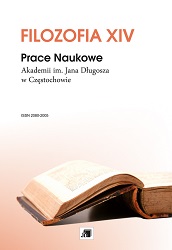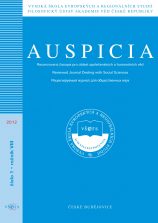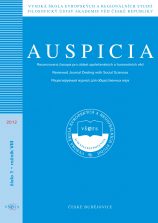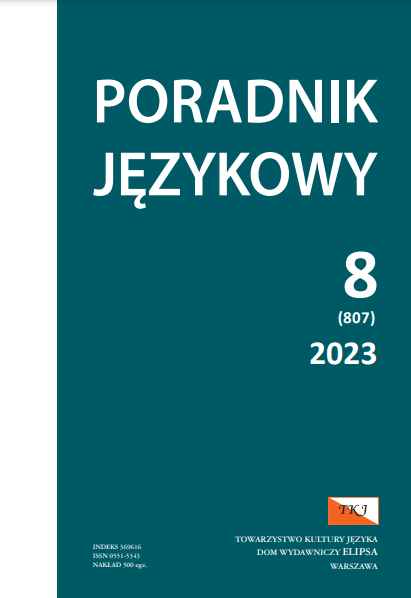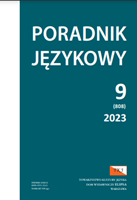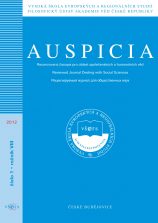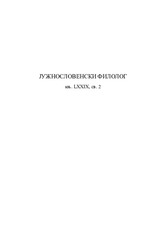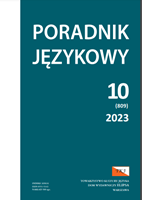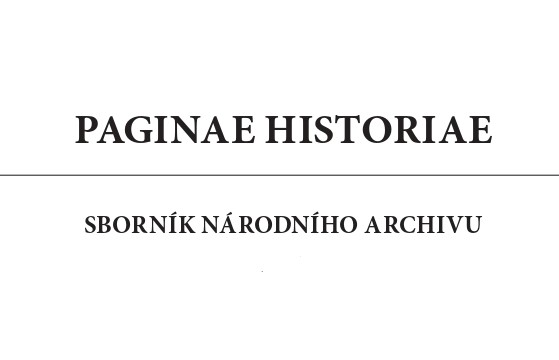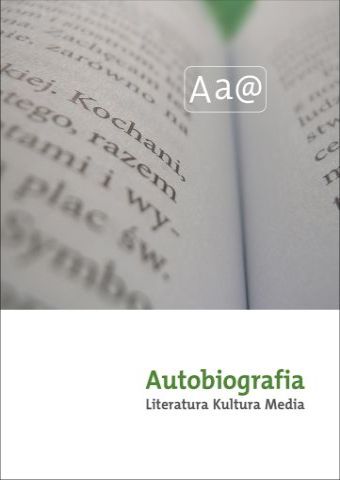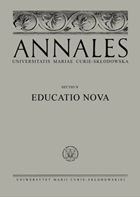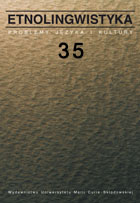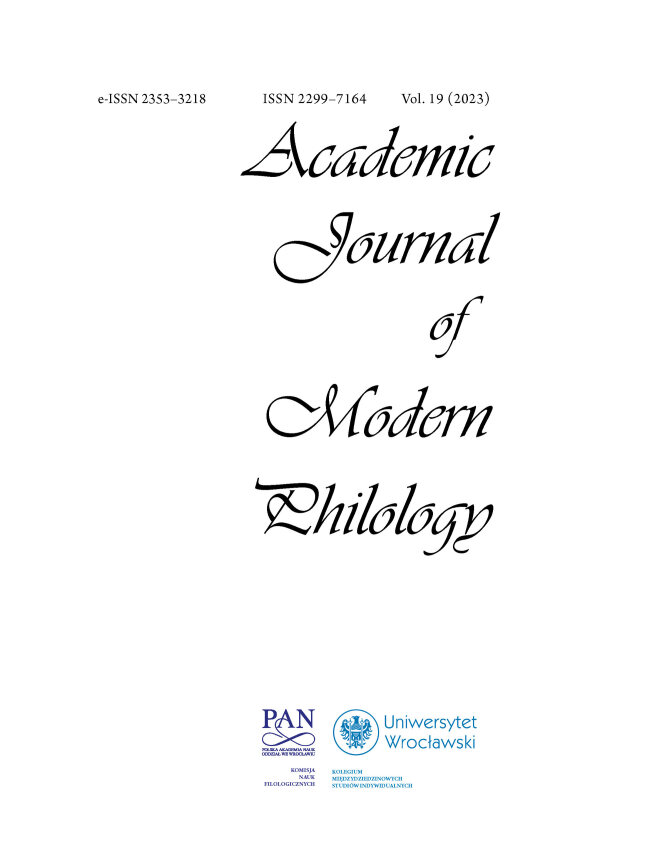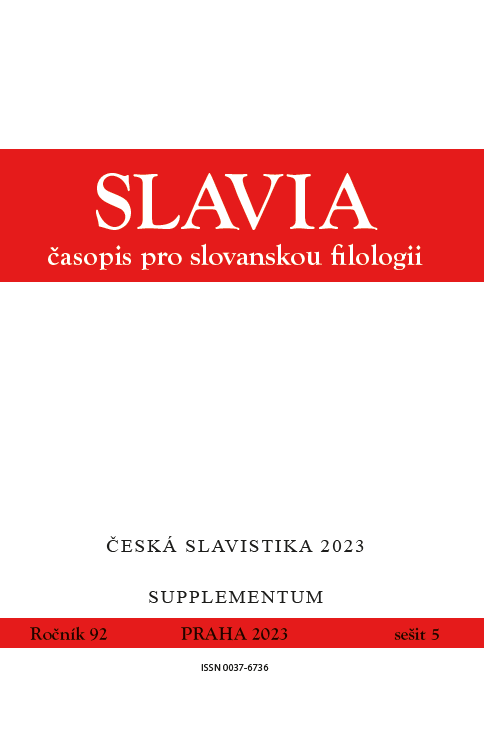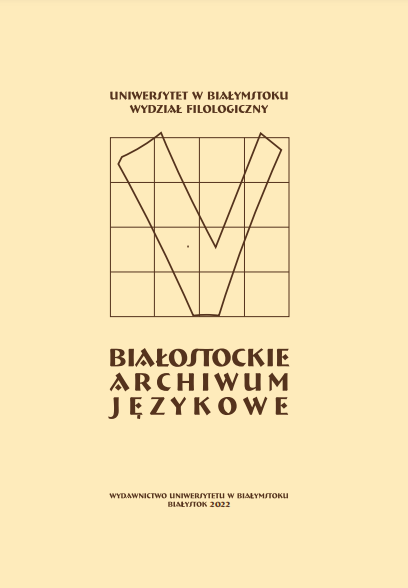Author(s): Anna Ciostek / Language(s): French
Issue: 23/2023
My research interests include culturemes, including those related to the Second World War, analysed in terms of translation within the Polish/French language pair. In my earlier work I examined culturemes related to the Warsaw Uprising of 1944. In this article, I propose to compare a few of the culturemes that emerged in the German Nazi Concentration and Extermination Camp Auschwitz-Birkenau, which I have chosen from the Polish short story Proszę państwa do gazu (This Way for the Gas, Ladies and Gentlemen) by Tadeusz Borowski and its French versions, in two French translations entitled: Au gaz, messieurs-dames! translated by Geneviève Daude (Editions Polonia, 1960) and Aux douches, Mesdames et Messieurs! translated by Laurence Dyèvre and Éric Veaux (Christian Bourgois Editeur, 1992). In addi tion to comparing strategies for translating the selected culturemes into French, I reached for authentic documents to see if Polish culturemes specific to Auschwitz had French equivalents outside of literature. Culturemes, according to the definition in the Dystynktywny słownik synonimów by Alicja Nagórko, Marek Łaziński and Hanna Burkhardt (2004), are “important keywords for the self-identification of a community, characterising both its attitude to tradition, inherited values, as well as its coping with present time, its current experience of the world”. I include culturemes, created in the Polish language in the reality of the German occupation, among such lexical units of cultural and emotional character, as words of collective memory.
More...
